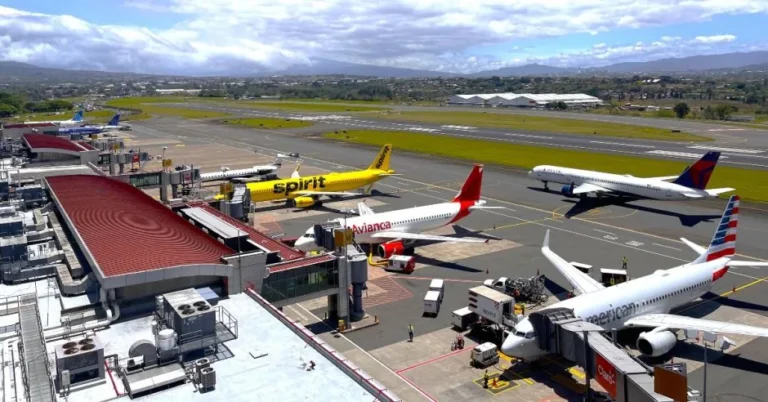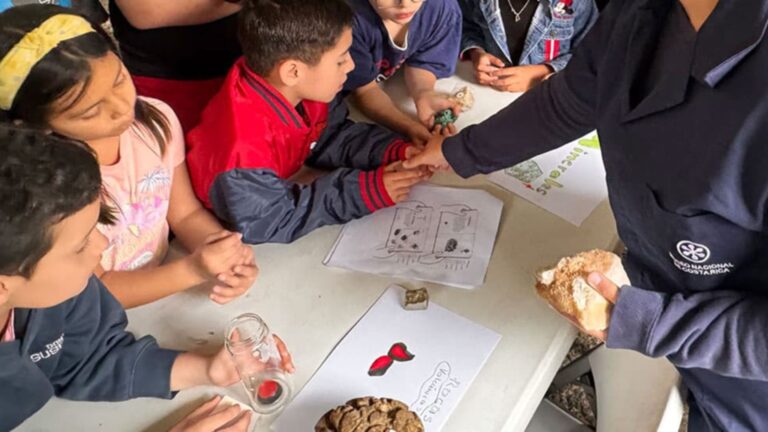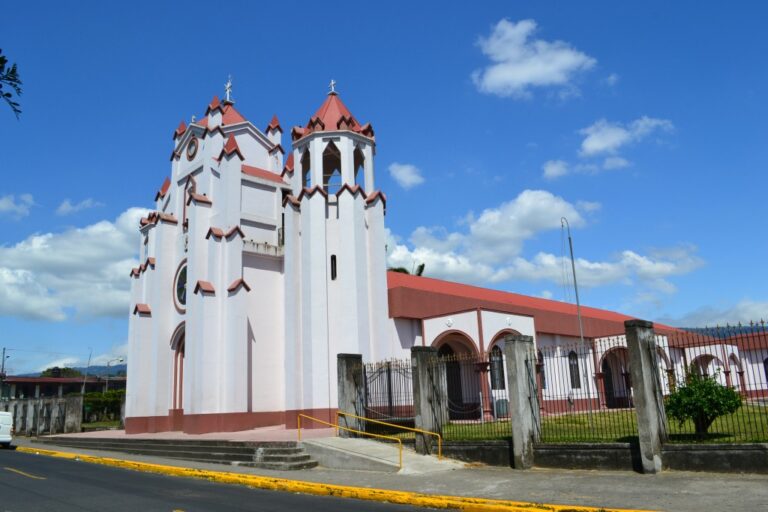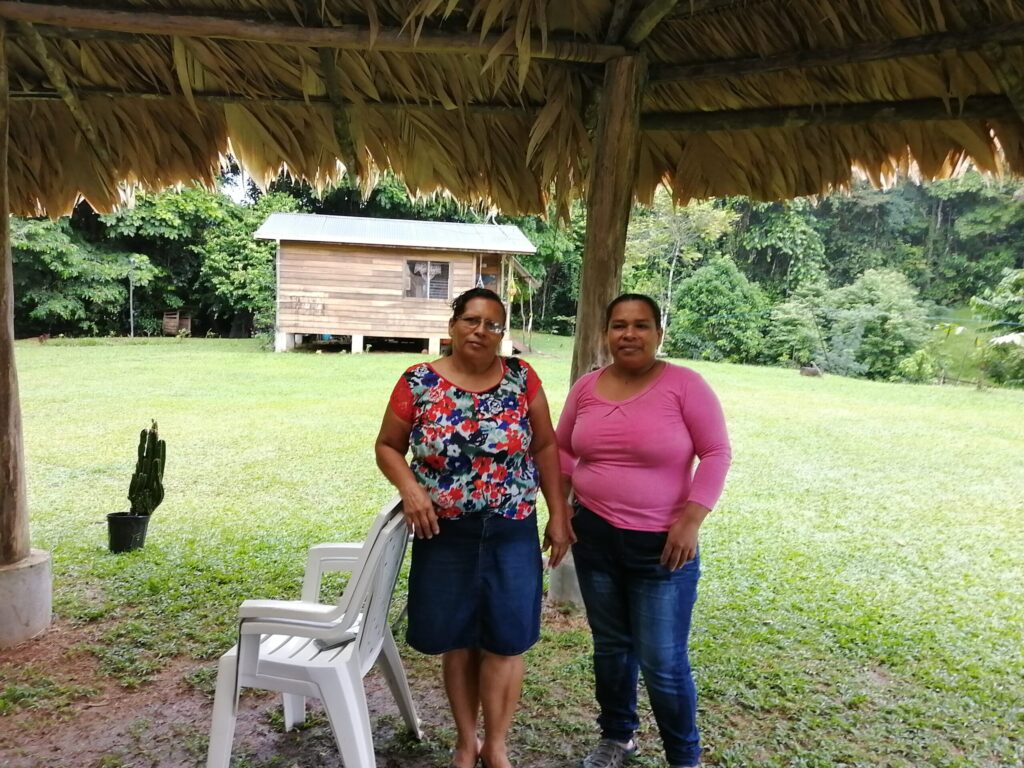San José, Costa Rica — In a significant gesture of international cooperation, the Government of Japan has officially finalized a donation of 500 million yen (approximately $3.2 million USD) to the Government of Costa Rica. These funds are earmarked exclusively for modernizing the Ministry of Public Security’s (MSP) vehicle fleet, a critical resource in the country’s ongoing efforts to combat crime.
Boosting Operational Capacity
The agreement, formalized through an “Exchange of Notes” on November 7, 2025, will enable the Central American nation to acquire an estimated fleet of 40 “next-generation” police vehicles.
Authorities noted that the choice of Japanese technology is strategic. Japanese-manufactured vehicles are globally renowned for their durability, efficiency, and capability to navigate difficult terrain—essential characteristics for patrol units covering Costa Rica’s diverse topography on 24-hour shifts.
Security Minister Mario Zamora highlighted the vital importance of these resources:
“Our fleet suffers constant wear and tear due to intensive use. This donation comes at a timely moment to ensure our officers have the necessary tools to respond to emergencies and protect the citizenry.”
Diplomacy in Action
The signing ceremony featured key figures from both governments:
- For Costa Rica: Foreign Minister Arnoldo André Tinoco and Security Minister Mario Zamora.
- For Japan: Ambassador Ariyoshi Katsuhide.
The event held special significance as it marked one of Ambassador Katsuhide’s final official acts before concluding his diplomatic mission in the country, ending his tenure with a tangible contribution to national security.
(Suggested caption: The new units are expected to join the MSP fleet in the coming months.)
Context: The Economic and Social Development Programme
This non-reimbursable financial aid falls under Japan’s “Economic and Social Development Programme.” Unlike a loan, this cooperation generates no public debt for the Costa Rican state, allowing fiscal resources to be directed to other areas while strengthening security.
While the preliminary estimate stands at 40 units, the final quantity will depend on logistical and shipping costs at the time of purchase. The new units are set to replace vehicles that have reached the end of their service life, ensuring a consistent police presence in the most vulnerable communities.


















